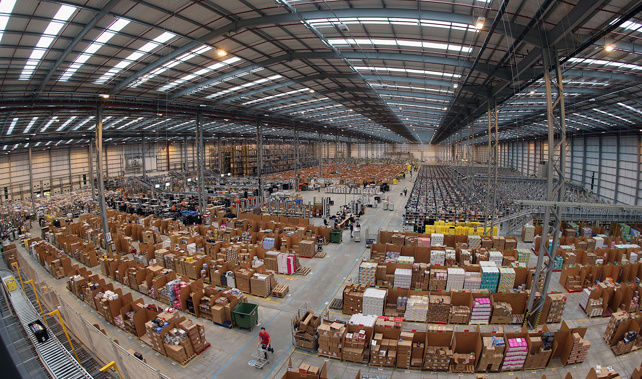
UPDATED 10.25AM: Internet downloads, online services, and work such as legal and accounting services supplied remotely would all be caught up in the government's move to charge GST for online purchases.
Revenue Minister Todd McClay has just released a discussion document on how they're going to do it.
MORE: GST for online purchases to be discussed
Chris Wilkinson: GST to level the playing field?
LISTEN: Bill English talks online GST with Rachel Smalley
He says New Zealand's missing out on about $180 million in tax a year thanks to internet buying, and that amount is growing at around 10 percent a year.
McClay claims the move is about creating a level playing field for collecting GST and putting New Zealand businesses and jobs ahead of the interests of overseas retailers.
However he acknowledges it must be done with the least possible inconvenience to New Zealand consumers.
The proposals are broadly aligned with similar rules announced by Australia earlier this year, and with the current rules in the European Union.
Currently, overseas businesses like Netflix, Amazon and iTunes don't have to pay GST for goods that cost less than $400 in New Zealand while domestic businesses do.
Gorilla Technology IT Services chief executive Paul Spain believes, because of this, the government's essentially out of pocket by around $200 million.
"There's an opportunity here, it just comes down to a method that isn't too expensive in order to collect that GST," explained Spain.
He thinks it will be much fairer on Kiwi business too.
"Lightbox, for instance, already collect GST because they're a local business, so it's somewhat fairer for them knowing Netflix and other international providers are also collecting GST," said Spain.
Before any tax can be implemented, however, the Government’s warned they’ll need to work out the kinks of the law.
Prime Minister John Key said it's easier with big companies, which can register to the tax system and charge it automatically.
"It gets more tricky when the small surf shop in LA has a website and you want to go and buy a t-shirt from them and they're not in the big system," he went on.
Despite being in the very early stages, the opposition’s already arguing against the benefits saying any changes will only tackle half the problem because many of these multi-national companies don’t pay enough tax.
"They shelter their arrangements, they have internal loans between different parts of the companies in different countries,” he alleged.
He used Facebook as an example and stated that in 2013 the social media giant paid only $23,000.
“Most small businesses running a corner dairy would pay more than that, so we know that there’s a problem.”
Robertson said this is the “real issue” for the New Zealand Government to address.
Some retailers claim GST rules are punishing them for being based in New Zealand.
Retail New Zealand's Mark Johnson maintains most online purchases are under $400 so they wouldn't incur any GST.
"We believe that we should have a similar threshold here, say twenty five dollars or so, and that would fall into line with other developed countries."
PricewaterhouseCoopers GST partner Eugen Trombitas agrees, saying the current tax system is not fair on domestic businesses.
"If you bought the services in New Zealand you would have account for GST if you were the seller, and currently offshore sellers are not accounting for this GST. That's the issue we're trying to address."
KPMG tax partner John Cantin believes consumers will grin and bear any changes, and soon forget it's even there.
"When we buy at the shops, we don't give a second thought as to whether GST is on this good or that good. We just buy it at the price."
Take your Radio, Podcasts and Music with you









